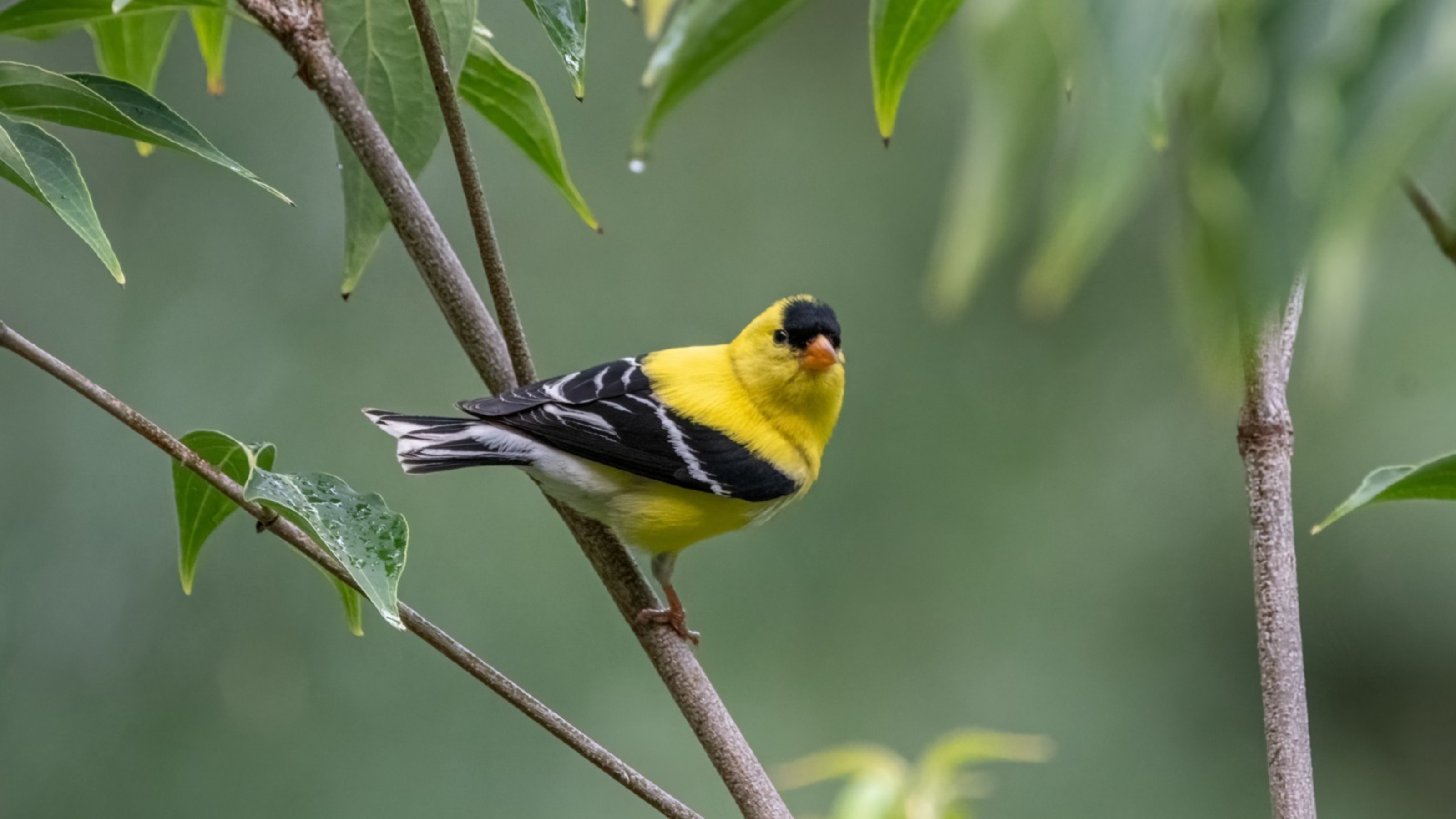WILLIAM SHATNER: There was a herd of elephants put in a preserve. Young elephants were taken away, orphans whose mothers were shot for the tusks, were put in an elephant orphanage which was a large tract of land that had other animals. They began to see that rhinos were being gored and kill and they didn't know what was happening until they finally made the discovery that those young bulls, those young elephants were killing the rhinos. And they surmised, I guess, that it was because these orphans who had seen so much, elephants are so sensitive, were put in these preserves and had no guidance. And when they took a mature bull elephant and put it among the young elephants, all the deaths of rhinos and other animals stopped. The older elephant had taught the younger elephants how to behave. That's part of the community of elephants, and we're all part elephant. Those learnings are applied to mankind as well.
I don't know that it's any different between a boy and a girl to learn those social skills. It's a learned; it is a community; it is tribal learning. All young animals are tuned to it. That's the only way young animals live. They aren't tuned to it they die. So it must be in our DNA by evolution to hold together as against to being separate. And that means the family unit becomes part of a larger unit and you have a community that holds together for each other's benefit. But that has to be learned, and I don't think it's any different from a boy to a girl. You have to walk in the shoes to experience what the other person is experiencing. And if it has high heels it's difficult for a man to walk in those shoes.





